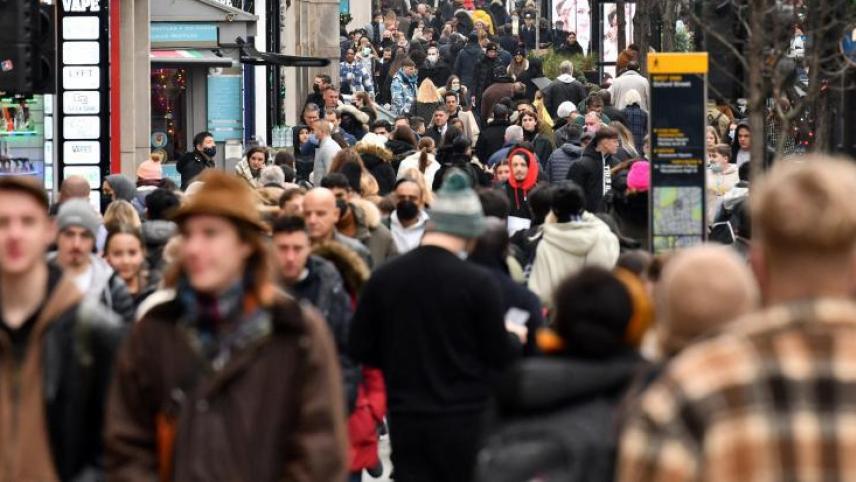The EU is hoping to finalise the world's first law to regulate the rise in artificial intelligence and its associated risks. The first steps have now been taken by the Parliament, which has called for a ban on facial recognition.
The European executive proposed an ambitious project two years ago, but its examination has dragged on. While these technologies can save lives by advancing medical diagnoses, they are also exploited by authoritarian regimes to carry out mass surveillance of citizens. The debates were further delayed in recent months by controversy over the dangers of generative AI which is capable of creating texts or images.
Finally, following debates on Tuesday, the Parliament voted on the position it will defend in future negotiations regarding the Artificial Intelligence Act, which will ensure more secure and transparent AI by imposing several obligations on AI technology developers, from chat robots to smart household appliances and self-driving cars.
"All eyes are on us today. While Big Tech companies are sounding the alarm over their own creations, Europe has gone ahead and proposed a concrete response to the risks AI is starting to pose," co-rapporteur Brando Benifei, said.
"We want AI's positive potential for creativity and productivity to be harnessed but we will also fight to protect our position and counter dangers to our democracies and freedoms."
'Bad idea'
MEPs stated that they want to strike a balance between defending fundamental rights and supporting innovation, reflected in the final results which put a ban on facial recognition and using AI systems for social scoring, biometric categorisation and emotion recognition. The European People's Party (EPP) called to authorise facial recognition in exceptional circumstances, but these efforts were unsuccessful.
Belgian MEP and EPP group member Tom Vandenkendelaere criticised this decision on Twitter following the vote. He declared that a complete ban on real-time facial recognition in public spaces is not a good idea.
"It should be possible in exceptional cases, subject to prior judicial authorisation and limited in time and space. Think of tracing a missing child or stopping an impending terrorist attack," he wrote.
The Parliament's position broadly confirms the Commission's approach. However, it would also like to authorise its use by law enforcement agencies in the fight against crime and terrorism, and is therefore likely to fuel debates with Member States that refuse to ban this controversial technology.
Related News
- 'Protecting citizens against the risks': EU law on artificial intelligence underway
- Artificial intelligence poses 'extinction' threat to humanity, experts warn
- 'Protect my face': Facial recognition petition demands ban in Brussels public spaces
The approved rules establish obligations for providers and those deploying AI systems depending on the level of risk, prohibiting those with an unacceptable level of risk.
AI systems used to influence voters and the outcome of elections and in recommender systems used by social media platforms (with over 45 million users) were added to the high-risk list.
Obligations also include providing for human control of the machine, drawing up technical documentation and setting up a risk management system. Finally, the regulation states that generative AI systems based on models such as ChatGPT would have to disclose that the content was AI-generated.
Negotiations with the European Council, in which all Member States are represented, on the final form of the law will begin later on Wednesday. The hope is that the dossier will be finalised before next year's elections, perhaps under the Belgian presidency, in which case the new rules would come into effect from 2025.

